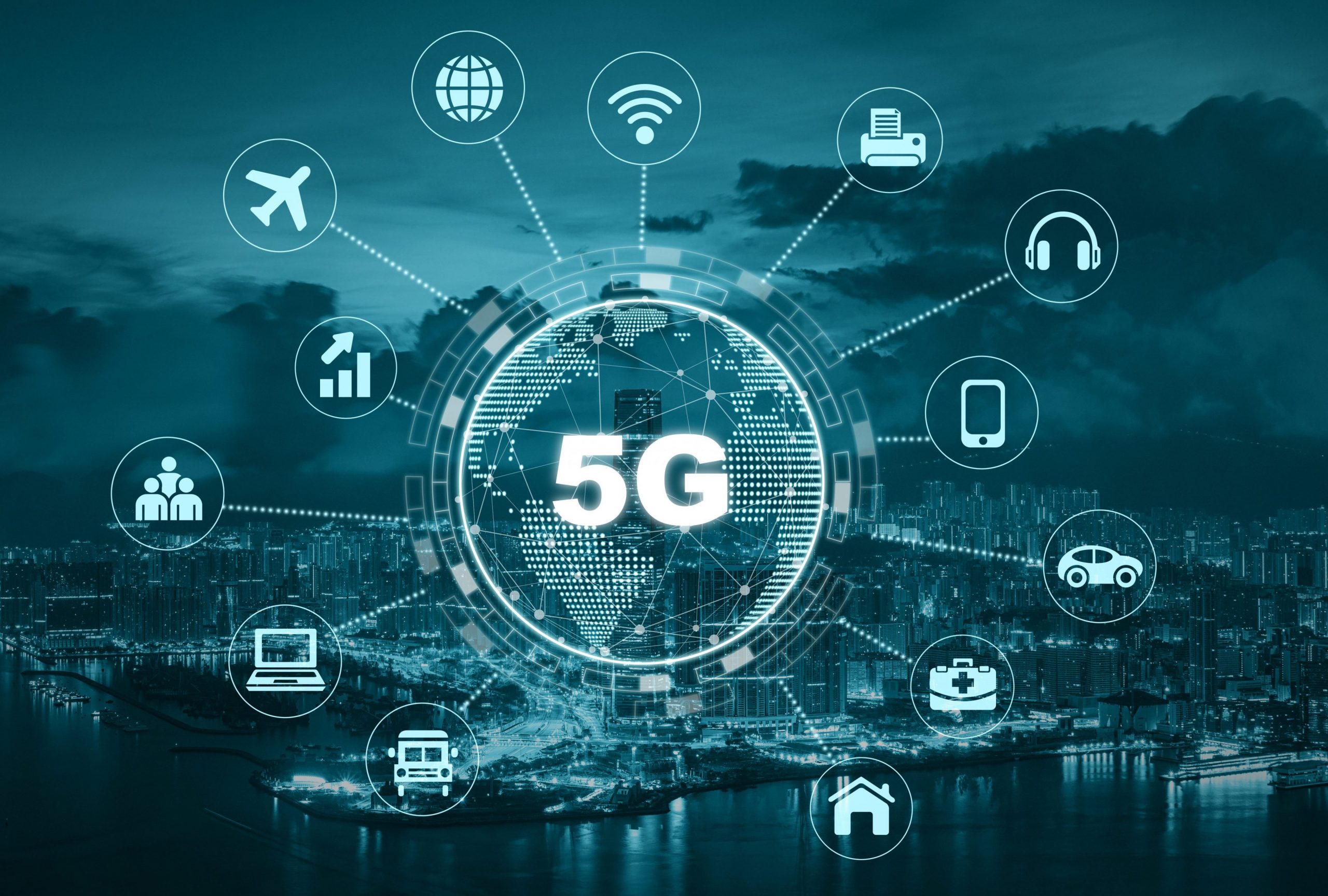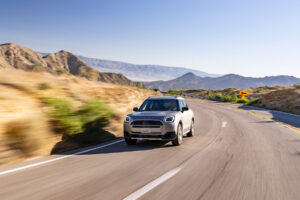As the world progresses, so does our pace of consumption of high-speed data. Keeping up with the rest of the world, Malaysia has solid plans in place to implement our 5G mobile network, soon allowing for possibilities that will transform lives from faster download speeds and lower latency to more capacity and connectivity for billions of devices. The future of virtual reality, IoT and artificial intelligence is one step closer to reality.
In light of the news of Ericsson being selected as the provider for Malaysia’s nationwide 5G network deployment as announced by Digital Nasional Berhad, here are 5 things we know of what’s in store for our country on our road to 5G connectivity.
It’s happening as soon as end 2021
The nation has plans to launch 5G services by the end of 2021 in the capital of Kuala Lumpur, Putrajaya and Cyberjaya. By 2022, the plan is to have it in the five major cities – Selangor, Penang, Johor, Sabah and Sarawak. The rest of the 17 cities and other rural areas will be covered in steady stages from 2023 onwards.
It is overseen by Digital Nasional Berhad (DNB)
Spearheading the effort is the body Digital Nasional Berhad (DNB), a special purpose vehicle established in March 2021 by the Ministry of Finance to roll out the infrastructure and 5G network deployment nationwide. This was a move to oppose assigning the task to individual telcos or consortiums.
It was a tight race for providers
When the tender was first opened in march, it drew a tight race amidst telecommunications giants like Huawei, ZTC, Cisco, NEC, Nokia, Samsung and FiberHome. Huawei had appeared the crowd favourite when Maxis brought it in in2019 as a 5G network supplier for radio equipment, services and knowledge.
Ericsson came in tops
The Malaysian government eventually announced Sweden’s Ericsson as the provider, awarding it a RM11 billion contract to design and build the network end-to-end, a move that is expected to generate over 100,000 new jobs. The company currently deploys 86 live 5G networks and has been involved in Malaysia since 1965. “Ericsson has undertaken to arrange to finance for the supply, delivery, and management of the entire 5G network,” Digital Nasional said. DNB also said it will securitize future cash flows from its Sukuk Islamic wholesale business to finance all other network operating expenditures and repay all vendor financing arrangements.
What’s in store
This nationwide 5G deployment is part of the nation’s ‘MyDIGITAL Blueprint’ plan that sees 5G connectivity bringing about “inclusive prosperity” to citizens. It will impact the local vendor ecosystem first, which benefit from knowledge-sharing, building and technology transfers from Ericsson. Then, it aims for 5G services to be available in targeted areas by end 2021, with 80% coverage by 2024.
DNB will be focusing on offering three key services – enhanced mobile broadband, ultra-reliable, low latency communications and massive machine-type communications. Targeted industries to benefit from this the most include oil & gas, ports, airports, government services, healthcare, power and utilities, manufacturing, banking and finance, education, retail and agriculture.
(Featured image: Samsung)










